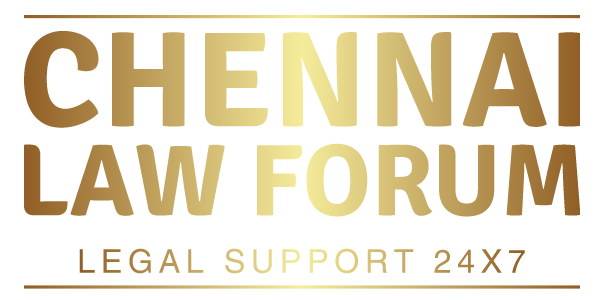The Supreme Court observed that the statement made during a secret / open investigation at the Pre-FIR stage could not be said as a statement under the 160 CRPC and / or statement that will be recorded during an inquiry in accordance with the criminal procedure code and therefore cannot be used against Defendant during the trial.
Such statements cannot be said to be recognition in character, and when and anytime and / or if such statements are considered as recognition, in this case, can be said to be a statement that can burden itself, which can be said to be not permitted in law, benches consisting of Judge Dy Chandrachud and Mr. Shah observed. The bench added the statement and information received during discrete investigations only for the purpose of satisfying and finding out whether a violation was disclosed.
In this case, the High Court rejected the challenge of the notification issued to the applicant by the police inspector, the Anti-Corruption Bureau, Nagpur, where the applicant was called to give a statement in connection with his interests, for the purpose of asking complaints against him, accusing accumulating unprotortional assets with sources of income What is known.
The opinion submitted in the appeal is that the notification has been published in the implementation of a recognized power based on 160 CR. P.C., but because the applicant cannot be said as a witness in this case, part 160 CR. C.c. will not apply at all. On the other hand, the state believes that the notification is issued to clarify about its assets and known sources of income, which will allow investigative officers to ascertain whether violations that can be recognized or not. It was submitted that part 160 cr.pc. It has been accidentally mentioned in the notification.
In appeal, the bench is considered the question of whether such an investigation at the pre-fir phase will be legal and the extent to which the investigation is permitted? Referring to Lalita Kumari v. Government Uttar Pradesh (2014) 2 SCC 1., the bench observed that the investigation at the Pre-FIR stage was considered permitted and not only permitted but desired, more specifically in cases where the alleged implementation of corruption practices obtained disproportional assets / proportional property His known revenue.
“After the question / question in the Pre-Registration Fir phase / preliminary investigation, if, based on the material collected during the investigation, it was found that the complaints were annoying and / or no substance at all in complaints, the FIR would not be submitted. However, if the material revealed Prima Facie Commissions Alleged Violations, FIR will be submitted and the criminal process will be moved and further investigation will be carried out in the code of the criminal procedure. Therefore, such an initial investigation will be permitted to ascertain whether violations that can be recognized or not and not Only after FIR will be registered. Therefore, such a preliminary question will also be alleged allegations of the complaints made. “, said the court.
Referring to the pierced notice, the bench observes that the information sought in it has a direct connection with the charges made i.e. Accumulation of assets is disproportionate with the known source of income. It said:
The same cannot be said to be fishing or traveling questions. Such a statement cannot be said as a statement under section 160 and / or a statement that will be recorded during an inquiry in accordance with the criminal procedure code. Such statements cannot even be used against the applicant during the trial. The applicant’s statement and information received during discrete investigations will only be a goal to satisfy and find out whether a violation below Section 13 (1) (e) of the PC Act, 1988 was disclosed. Such statements cannot be said to be recognition in character, and when and anytime and / or if such statements are considered as recognition, in this case, it can be said to be a statement that can burden itself, which can be said to be disquired in law.
While rejecting the appeal, the bench clarified that the statement made by the applicant during an open investigation would not be treated as a statement of confession of sin.
Case: Charansingh vs. State of Maharashtra [CRA 363 of 2021]
CORAM: Judge of Judge Dy Chandrachud and Mr. Shah

